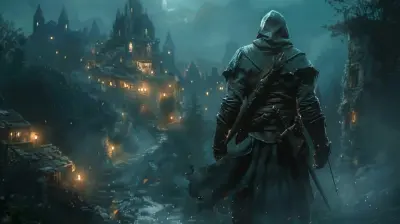The Art of Storytelling in Indie Games
6 October 2025
If there’s one thing that sticks with you after playing a great indie game, it’s usually the story. Indie games have this knack for creating deeply personal, touching, or downright mind-blowing narratives that make you think, “How did they even come up with this?” It’s like they pour their heart and soul into every pixel, and honestly, that’s probably because they do. But what is it about storytelling in indie games that hits so differently compared to big-budget AAA titles? Let’s dive into it.
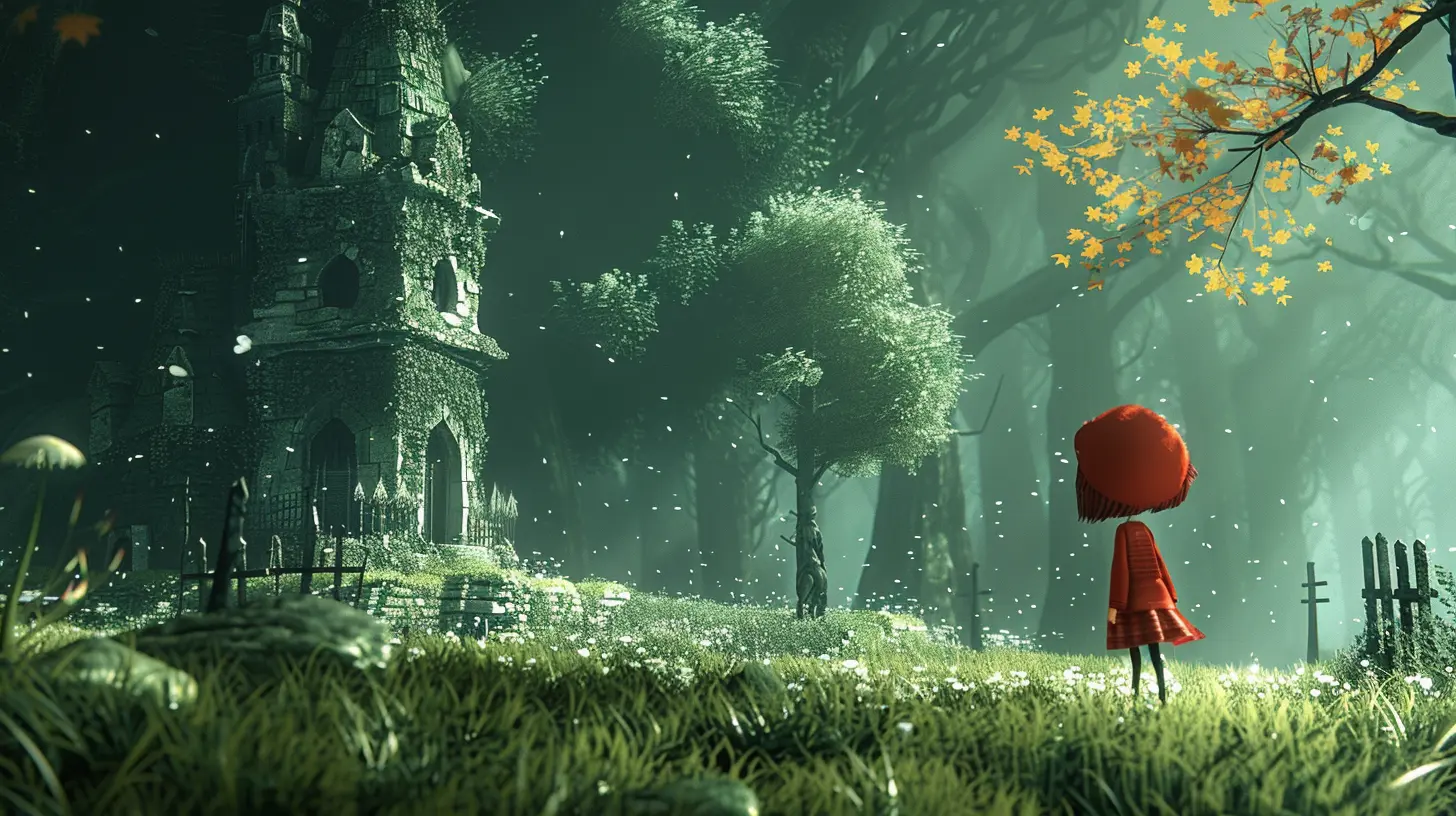
Why Storytelling Matters in Indie Games
Storytelling in games isn’t just about stringing together missions or throwing some dialogue boxes at players. It’s an art—a complex dance between world-building, character development, and emotional payoff. For indie games, storytelling is often the backbone of their identity. Unlike AAA games with massive budgets and groundbreaking graphics, indie developers don’t have the luxury of wowing you with hyper-realistic explosions or motion-captured celebrity performances. They rely on something more fundamental: the ability to tell a story that sticks with you.Ever notice how indie games often feel more personal? It’s because many indie developers are working from their own life experiences, fears, or dreams. They’re not trying to appeal to every single gamer on the planet. Instead, they’re crafting something for those who are willing to step into their world and feel something real. And that’s where the magic happens.
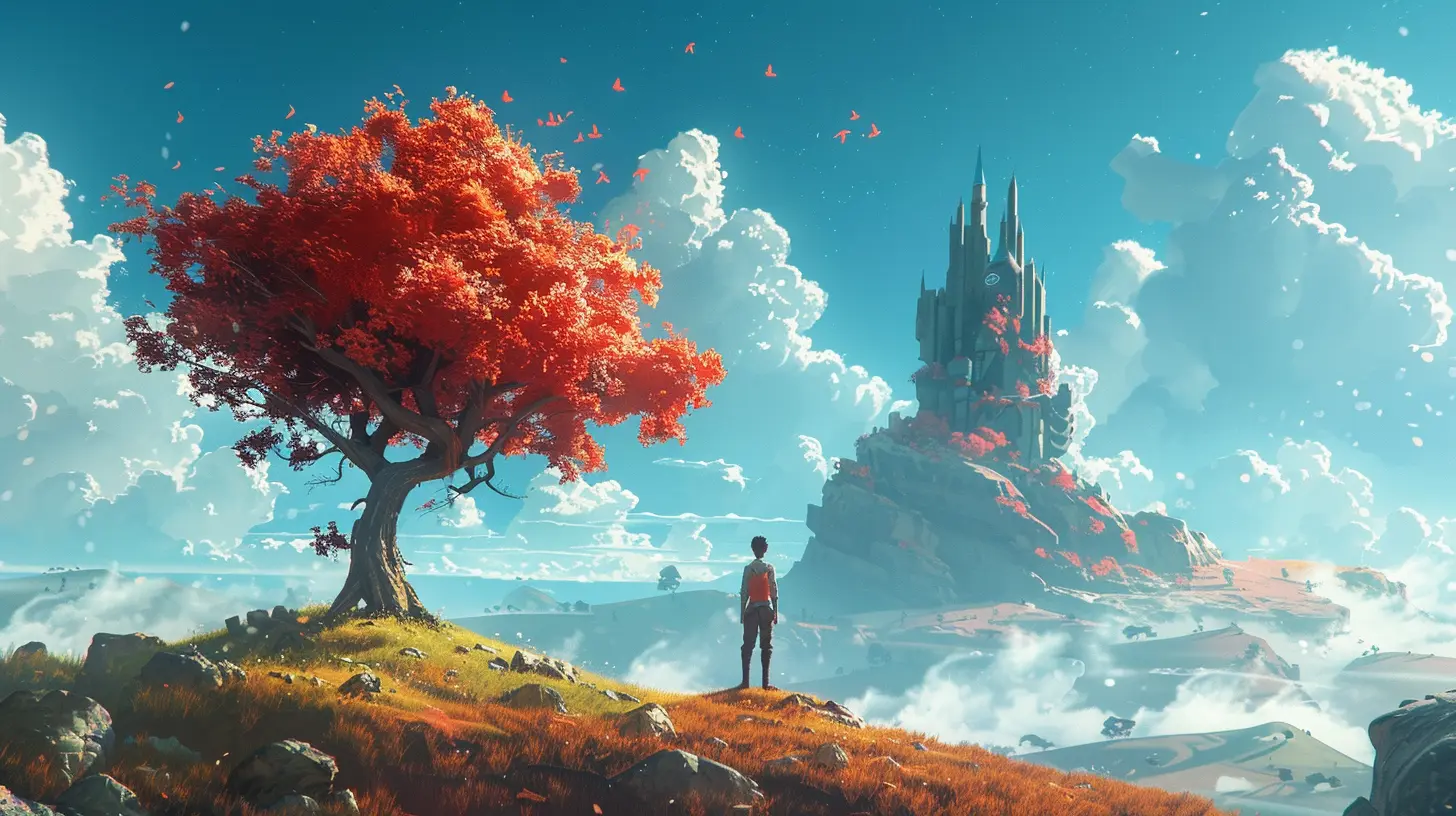
Breaking the Mold: What Makes Indie Game Storytelling Unique
1. Heart Over Hype
AAA games often follow a formula because they need to appeal to the masses. You know the drill: save the world, defeat the bad guy, rinse, repeat. Indie games, on the other hand, don’t shy away from getting weird, raw, or downright unconventional.Take Undertale, for example. On the surface, it seems like a quirky RPG, but dig deeper, and you’ll find a narrative that challenges your morality and perception of choice. Choices in that game aren’t just about right or wrong—they haunt you. Indie games don’t just tell you a story; they make you part of it.
2. Freedom to Experiment
Indie devs have the freedom to break storytelling norms without a corporate giant breathing down their necks. They can say, “Hey, what if our game has no dialogue but tells a story purely through environmental cues?” And then they actually do it. Games like Journey or Inside excel at telling profound, moving stories without a single word of spoken dialogue. That freedom to experiment often leads to some of the most memorable gaming experiences.3. Relatable Characters and Themes
Here’s the thing: indie games make it personal. AAA characters can sometimes feel larger-than-life, bordering on unattainable. Indie games? They give you characters that feel like you—or someone you know. Whether it’s the raw emotion in Celeste, which tackles mental health struggles, or the bittersweet nostalgia in Night in the Woods, indie games excel at telling stories that hit close to home.4. Small Studios, Big Passion
When you realize that a small team—or even a single developer—created a compelling narrative, it hits differently. There’s an authenticity to indie games that’s hard to replicate. When the developers are deeply connected to their stories, it naturally shines through in the finished product. It’s like comparing a home-cooked meal to fast food; one has that extra dash of soul.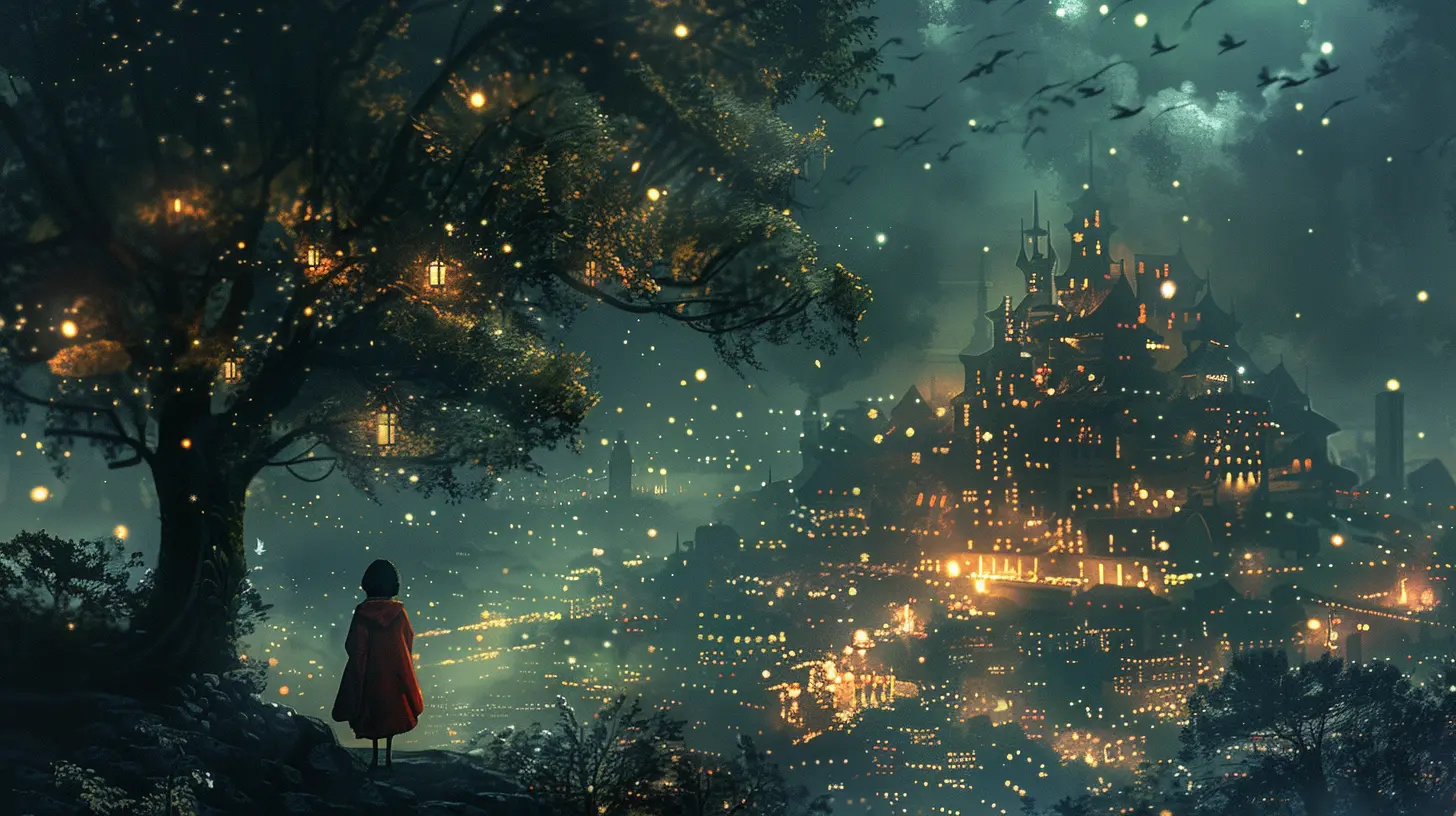
Techniques Indie Games Use to Nail Storytelling
So, how do indie games manage to tell such memorable stories? Let’s break down some common techniques they use:A. Environmental Storytelling
Indie games often use the world itself to tell the story. Think of games like Hollow Knight. The narrative isn’t spoon-fed to you; instead, it’s hidden in the crumbling architecture, cryptic lore, and haunting atmosphere. You piece it together as you explore, which makes the story feel earned, not given.B. Player Choice and Consequences
Player agency is massive in indie storytelling. In games like Papers, Please, your decisions as an immigration officer carry moral weight. Do you deny someone entry to protect your job, knowing it could ruin their life? The game doesn’t judge you—it lets you stew in your own decisions.C. Minimalism Is Key
Sometimes, less is more. Indie games like Limbo or Gris strip down dialogue and exposition to focus on emotions and visuals. They trust the player to infer the story, making it a collaborative effort rather than a one-sided lecture.D. Music and Atmosphere
Never underestimate the power of a killer soundtrack. Indie games often use music to amplify their storytelling. Celeste's soundtrack, for example, perfectly mirrors Madeline’s journey of self-discovery and perseverance. It's not just background noise; it’s part of the story.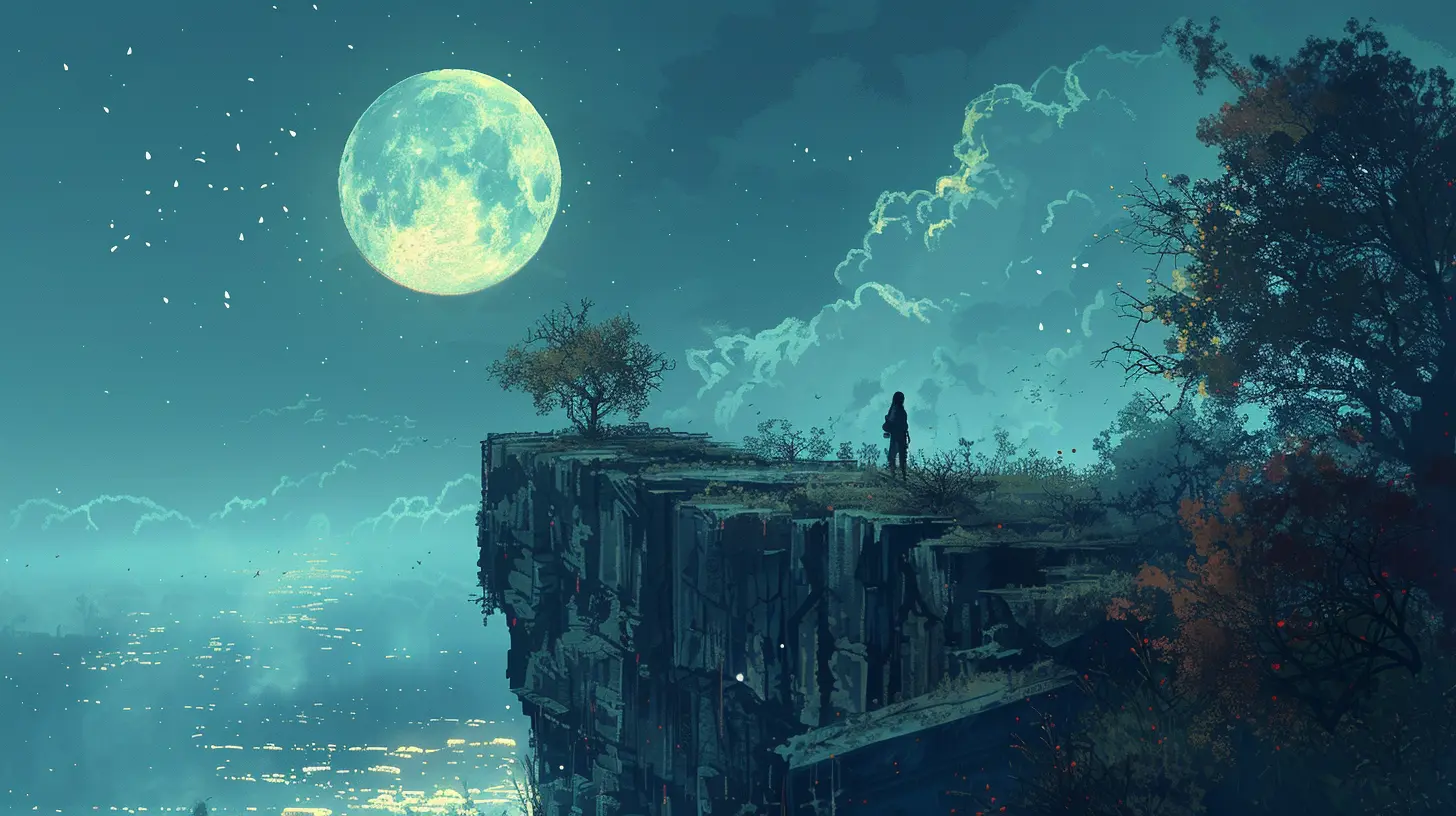
Why Indie Game Stories Stick With Us
Think about the last indie game that left a lasting impression on you. Was it the beautifully tragic story of To the Moon? Or maybe the surreal and emotionally charged narrative of What Remains of Edith Finch? These games linger in our minds because they make us feel something deeper than just the adrenaline rush of beating a boss or completing a mission. They connect with us on a human level.Indie games tell stories that remind us of our own humanity. They tackle themes like loneliness, self-doubt, love, loss, and perseverance in ways that are raw and unfiltered. They don’t assume you’re looking for escapism—they assume you’re looking for meaning. And that's exactly what they deliver.
Challenges Indie Developers Face with Storytelling
Of course, it’s not all rainbows and butterflies for indie developers. Telling a compelling story with limited resources is no small feat. Without a huge team of writers, voice actors, or animators, indie devs have to get creative. This often means making tough decisions about what to include and what to leave out.Budget constraints can also limit how much story can be delivered visually or through voiceovers. That’s why many indie games rely on text-based dialogue or environmental cues. But honestly? That limitation often works in their favor. It forces devs to think outside the box and focus on what matters most: the emotional core of their story.
The Future of Storytelling in Indie Games
As indie games continue to grow in popularity, their storytelling potential only gets better. With crowdfunding platforms like Kickstarter and Patreon, developers have more ways to bring their visions to life. And let’s not forget platforms like Steam and itch.io, which make it easier than ever for players to discover these gems.Plus, technology is leveling the playing field. Indie devs now have access to tools like Unreal Engine and Unity, allowing them to compete visually with some lower-budget AAA games. Combine that with their unique storytelling flair, and the future looks incredibly bright.
One thing’s for sure: indie games will continue to push the boundaries of storytelling. They’ll keep taking risks, breaking norms, and delivering stories that stay with us long after the credits roll.
Final Thoughts
The art of storytelling in indie games is nothing short of extraordinary. It’s a testament to what creativity, passion, and a deep connection to the human experience can achieve. Indie developers don’t just make games; they create stories that resonate with us, challenge us, and, in some cases, change the way we see the world. And honestly? That’s what makes indie games worth playing.So the next time you’re scrolling through your game library or hunting for something new, give an indie game a shot. You might just find a story that stays with you forever.
all images in this post were generated using AI tools
Category:
Indie GamesAuthor:

Luke Baker
Discussion
rate this article
1 comments
Zadie Baxter
Fascinating insights! Indie games really do redefine storytelling with creativity and depth!
October 10, 2025 at 3:57 PM

Luke Baker
Thank you! I'm glad you found the article insightful—indie games truly bring unique narratives to the forefront!
